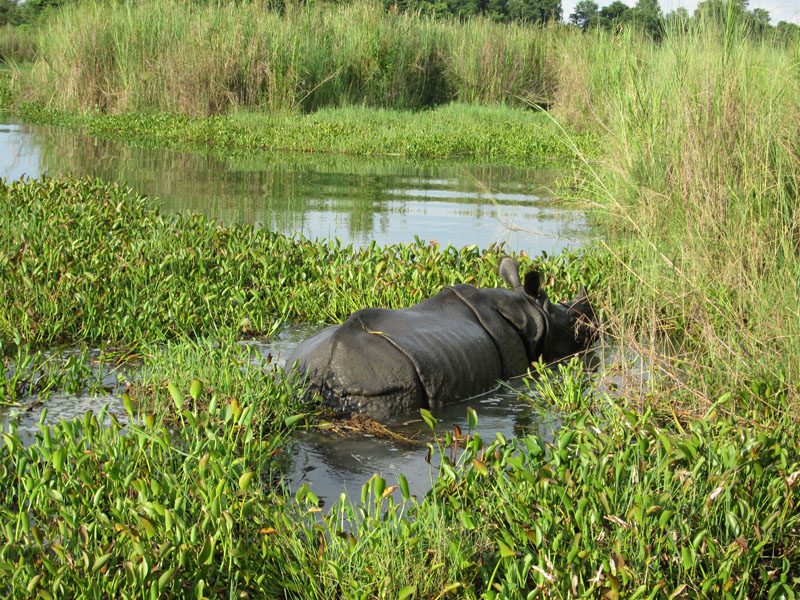LETTERS: Corruption reflects society
It’s a matter of humiliation for Nepali people that Nepal has been placed in 130th position with a score of just 27 points out of 168 countries as per the Transparency International report. The ongoing Tarai unrest resulting in killings and violence in addition to political instability, black marketing, political wrangling, bribery, poor governance, are the main causes of making a country corrupt. At one end, the Commission for the Investigation of Abuse of Authority (CIAA) has initiated some legal action to probe into corruption cases against some high profile personalities including politicians but its action has been ineffective to make the country corruption-free. Society itself is to blame for growing corruption as the corrupt people are welcomed by the society. The corrupt people do not feel being outcast by the society. Unless the society treats them differently they will continue to indulge in corruption while they hold public posts. You are treated as the respected person as long as you have money, access to power corridors and are affiliated with a powerful political party.
Sanjog Karki, Palpa
Wildlife
With reference to the article, “China seeks two pairs of one-horned rhino” (THT, Jan. 18, Page 1), one must mention that this is indeed good news for global wildlife conservation. The one-horned rhinos once roamed in the sub-continent, southern China and parts of South East Asia. However, indiscriminate poaching for the prized horns, the endangered species has been pushed towards extinction. Currently distributed only in Nepal and India, it is highly appreciated, if China wants to add another habitat for this highly prized and endangered species by developing a captive breeding population with rhino breeding stocks from Nepal.However, to add diversity to the gene pool in the beginning, couple breeding pairs from India will further add to the genetic diversity of the initial starting population of rhino breeding programme in China.
Saikat Kumar Basu, Canada
Caste barrier
Apropos of the news story “Inter-caste marriage displaces Dalit family” (THT, Jan. 30, Page 6), it has reminded me of the story “Marriage is a private affair” by a Nigerian writer, Chinua Achebe. The compulsion of Ganesh Chadar and Jyoti Shah for facing the family annoyance is to some extent similar to that of Nnemaka and Nene of traditional Nigerian society. Although youngsters act as they speak in favour of inter-caste marriage, there are conservative people who are against such practice. The later opine that marriage should be as per the culture, religion, and caste. This opposite attitudes of young and old have become a tug of war among family members. Both parents and children must act wisely and should rely on “no harm theory” regarding marriage. The peace and happiness of family members should be kept in mind while tying a knot.
Uddav Khatiwada, Kathmandu






